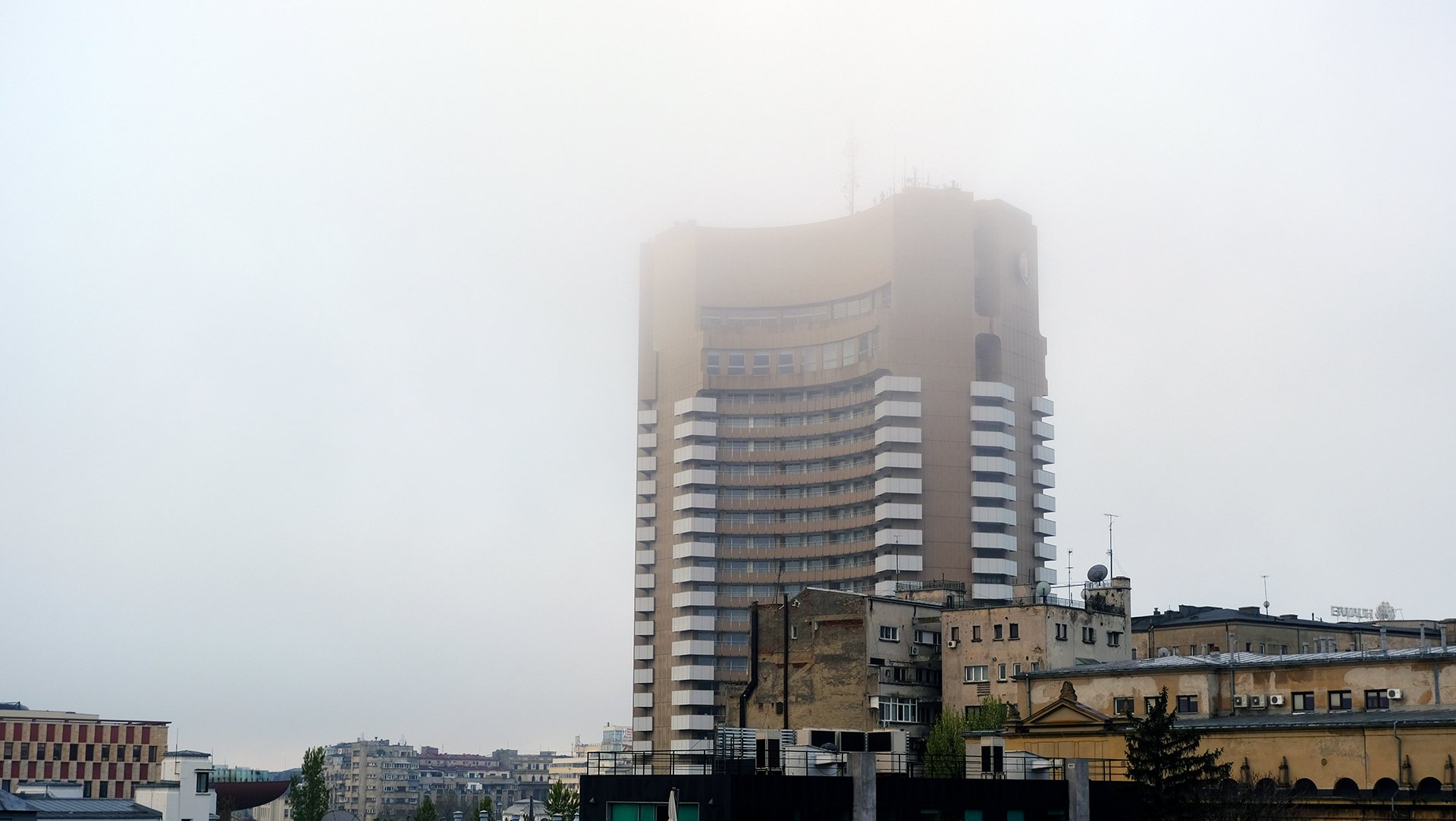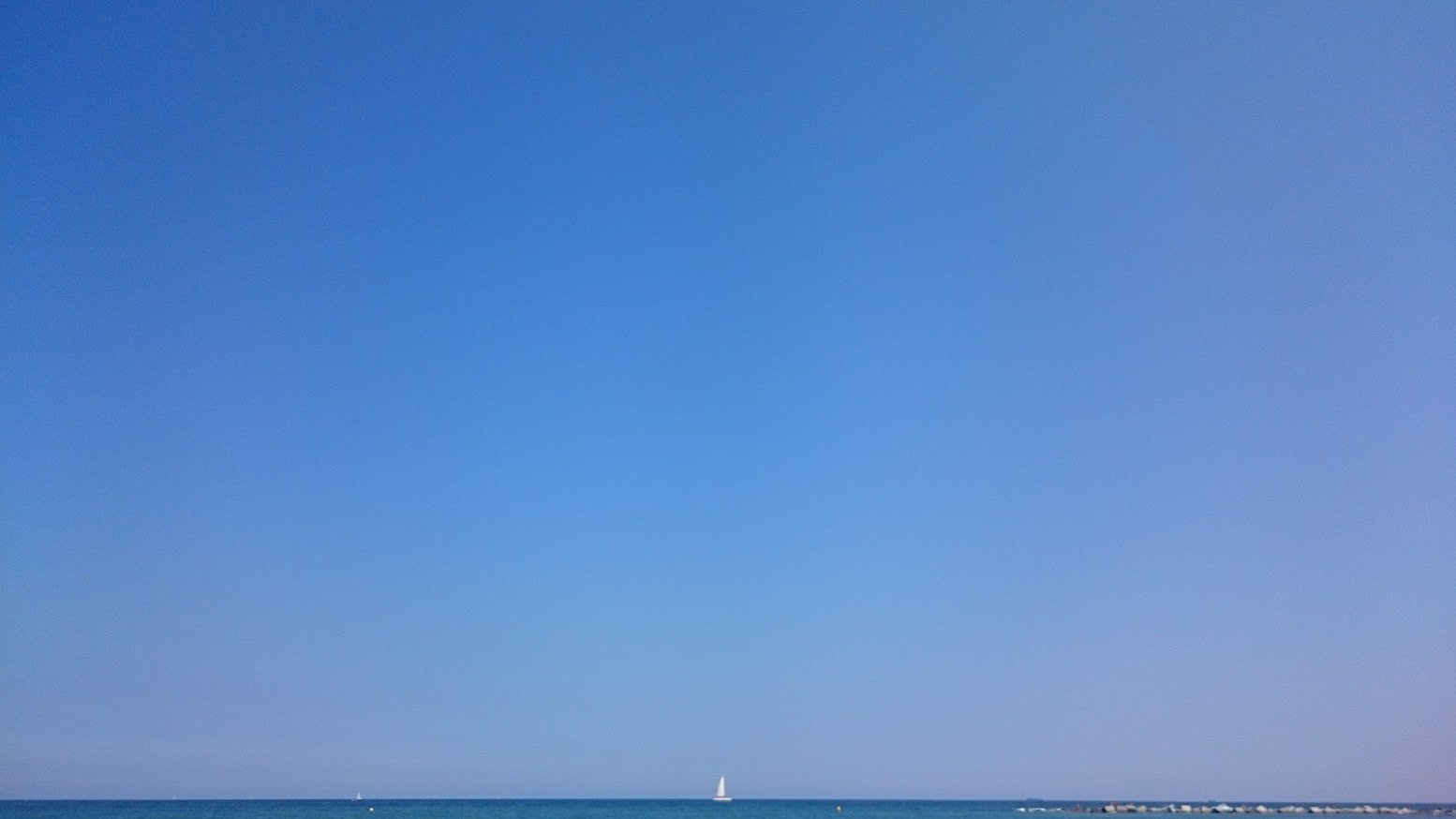Honesty starts in the self and ends in the other.
To be honest, is not to hide anything from the other person and to share your thoughts entirely. Although this ideal is seldom obtainable because we first must learn how to be honest with ourselves. The criterion of honesty is always held by the other person. Your honesty is verified not through your own sense of truth, but through the other person's appreciation of truth. You're considered honest only when you say what the other wants to hear from you.
If you truly tell the truth, you're not honest, you're just mad.
There is no coincidence that lies are seen as sins in all great religions of the world. In order for a lie to be credible we first need to convince ourselves of it and then share it with others. We need to keep telling that lie to ourselves so we won’t forget it and, with time, we become conditioned to believe our own lies. We form a habit of impulsively lying to ourselves until we can no longer distinguish true from false, and our truths become consistent with our established lies rather than an objective truth. Through the lies we’ve become comfortably accustomed to telling ourselves we ruin our capacity to accurately draw a truth and we step further away from reality and into the murky depths of a dreamy existence. Thus, we can no longer see ourselves as we are, we can’t see others as they are and, we can hardly bare the pain and pressure of living in a world that doesn’t follow our ideal expectations.
This honesty is a figment of our desires and beliefs and not a cold assessment of reality because we say only those truths that we are expected to tell. You are considered honest by another only when you say what they want to hear from you, not when you attempt to step closer to the truth. You are considered honest and agreeable only when you guess what the other wants to hear from you, and if you do otherwise and attempt to tell the truth as honestly, coldly and as accurately as you can tell it to yourself, then you are mad or ridiculous.
True honesty is a bitter luxury we all seek but only few can afford. Its bitterness brings much suffering to which not everybody is accustomed or ready to deal with, but a luxury because it reveals to us what we deeply yearn to know, although, sometimes we can hardly endure. Yet, with our transgression in the pursuit of truth, we move away from established expectation and closer to our alienation.
It’s weird how much we fear being alone or being pushed away for trying to be and experience ourselves externally in the delusion of a moment of self-honesty when we might think others will accept us for our naked self. We want people to be honest with us so we can reassure ourselves that we are not alone, that we are in a familiar and safe place where we can openly express ourselves, to feel that we are amongst friends and that we are loved. To quench our eternal thirst for being noticed and agreed with, so we can verify and justify our existence.
We go on like this until we reach the wall of despair within ourselves that we’ve built between our true self and the idol of expectations.
A wall only true honesty can climb, and an idol only freedom can take apparat.
In friendship, like with honesty, you are loved not for who you are but because of what your friends see and believe in you. Like in honesty, in friendship, you can’t be yourself. You are not loved for your genuine self but for how well you can imitate the hyperconceptual character that the other person has formed in your likeness. You, the true self, are always sacrificed over the imitation of yourself, and you have to bear witness to this sacrifice every time you give in to expectation. But, you cannot lament over this because you do the same, everybody does the same.
What is truly sad in some friendships is that each other sacrifices the freedom of the other for the comforting illusion of being accepted, of belonging. You are loved because your friends got used to seeing your around, visiting the same places, meeting their expectations, liking what they like, agreeing with what they agree and sharing similar beliefs and ideals. So where are you in their cornucopia of feelings? You are caged in conformity, disintegrated, torn to bits, passed around and absorbed following their needs.
And you do the same.
The day you step away from your designated role, when you no longer play according to prescribed expectations. The day you burn the idol others have built four you to follow and worship. The day you yearn to seek, experience and know yourself in the pursuit of your deepest needs, to mend yourself an to grow, is the day you step out of bounds. The day you dare to reclaim your freedom and be honest with yourself and do the same to those around you, to scrutinize their beliefs and to tell them that they are fooling themselves for wasting their time with petty and meaningless pursuits, that they are lying to themselves into a dead end. That day you are no longer a friend. That day you become a stranger. That day you become an unrecognisable agent of anxieties.
That day you are no longer worthy of their love.
That day you went mad.
True love is the momentary bypassing of the idol and of the self in order to temporarily transcend into the other, an act of dissolution in the pursuit of liberation of the empoisoned true self. Such an experience, although widely sought after and often short lived, can seem like madness only to a third person. A true friendship can be verified only by the amount of freedom you can give to the other person to be themselves and to pursue their own destiny. Not to transgress your friends freedom, not to judge them through your point of view, that can be fair and reasonable, but omits the others personal complexity and needs. Not to cherish them through how well they meet your needs but through what they are to themselves, what they must accomplish within themselves to grow and develop as a human being and not to recede into a dummy frozen in the likeness of their expected idol.
Nobody asks you for all of these, just as nobody asks you for your true honesty, but only that honesty they wish to hear from you.
In a friendship is not important only what we take but mostly what we give, and freedom given is freedom received. You can never be truly free if those around you are not free to be themselves.
To reconquer your freedom is to be a good friend to yourself. To be a good friend to yourself is to be honest to yourself and be free of your own opinions. To reclaim the honesty to yourself is to condemn yourself to an existence of solitude and to be content only with the very few genuine friendships that cherish their own freedom and self-honesty and truly take delight in experiencing your ridiculous honest madness.







